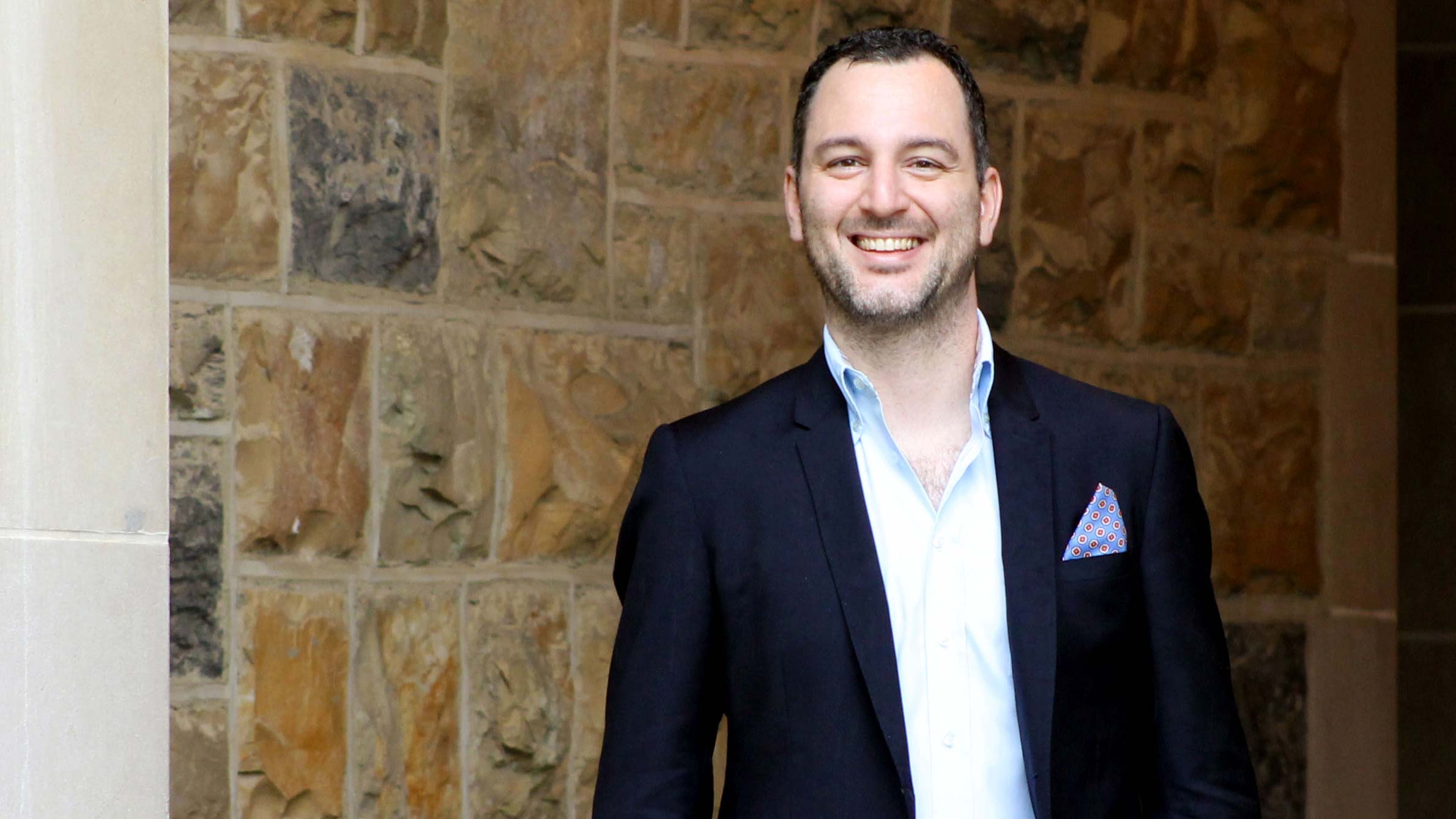Award
2018 NSF Career Award Winner
Department
Kevin T. Crofton Department of Aerospace and Ocean Engineering
What is the impact of your research?
I will explore how reinforcement learning frameworks can be used to design computationally efficient and smart autonomous cyber-physical systems.
Onboard an autonomous system, such as a robot or drone, are layers of algorithms that mimic the human brain. These algorithms help the system learn and adapt from its experiences and interactions within its environment, achieve certain types of abstract thoughts, and set goals. Incorporating learning techniques into these systems achieves a higher-level of efficiency and smarter autonomy.
However, current learning frameworks, in which the algorithms are continuously updated, can experience a host of issues including overutilization and drain of shared resources, loss of optimality, and security.
Cyber-physical systems are human-centered environments where actions often change based on mood rather than clear rules or logic. By developing intermittent learning algorithms, the system saves resources and yet still adapts the capabilities, incentives, and behaviors of system agents. My research will utilize intermittent reinforcement, which is based on behavioural science, where a reward is not given every time the desired response is performed.
What do you like most about the field of aerospace and ocean engineering?
Aerospace and ocean engineering is an exciting field, with the potential for learning to design, build, analyze, and improve systems for commercial and military aircraft and helicopters, satellites, unmanned vehicles, submarines, and space exploration.
What path did you take to get to this point in your career and research?
It was during my first undergraduate class on feedback control that I was fascinated by the idea that complicated systems can be brought under our control by playing with mathematical equations. I guess that curiosity developed into a love of feedback control and the mathematics that drives them. During my graduate studies in Texas, I had the pleasure to work with Frank Lewis, a pioneer in neuro-adaptive control, who gave me the initial passion for the field and taught me how to come up with new ideas while I pay close attention to detail. I received the Diploma (a five-year degree, equivalent to a Master of Science) in Electronic and Computer Engineering from Technical University of Crete, Greece in 2006 with highest honors. After moving to the United States of America, I studied at The University of Texas and I received a M.S. and Ph.D. in electrical engineering in 2008 and 2011 respectively. From May 2011 to January 2012, I was working as an Adjunct Professor and Faculty Research Associate at the University of Texas at Arlington and at the Automation and Robotics Research Institute. During the period from 2012 to 2016 I was a project research scientist at the Center for Control, Dynamical Systems and Computation at the University of California, Santa Barbara.
When you are not researching, what do you enjoy doing in your spare time?
The excitements of the researcher lifestyle barely leave time for anything outside of work. I love going to nice restaurants and coffee shops. Apart from that, I enjoy hiking, playing the piano, and eating good food. I also enjoy going on small road trips and taking walks.
